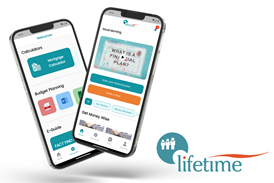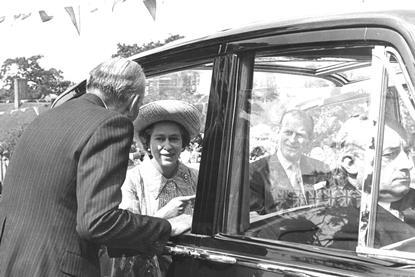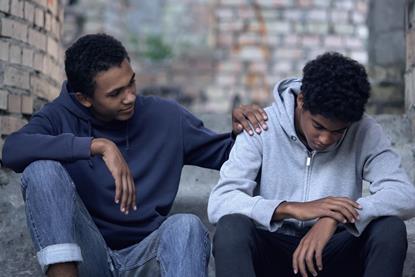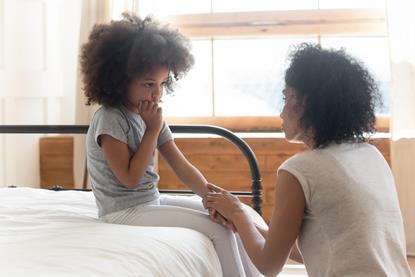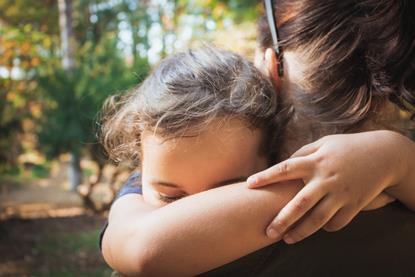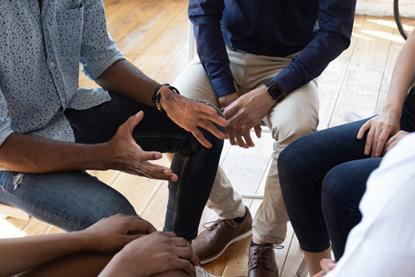- Home
- Your health and wellbeing
-
Emotional support
- Back to parent navigation item
- Emotional support
- Happiness test
- Resilience
- How to be a mental health ally
- Ten days to feel better
- Family wellbeing
- Summer wellbeing
- Ukraine
- Work-life balance
- Winter wellness
- Understanding mental health
- Counselling
- Self-care
- Managing stress
- Domestic abuse
- Personal safety
- Loneliness
- Overcoming low self-esteem
- Loss and bereavement
- Managing anger
- Understanding eating disorders
- Understanding self-harm
- Parenting
- Relationship breakdowns
- Suicide awareness
- Dealing with a critical incident
- Coping with bullying
- Children and young people
- LGBTQIA+
- World events
-
Physical wellbeing
- Back to parent navigation item
- Physical wellbeing
- Sleeping well
- Summer wellbeing
- Work-life balance
- How to kick-start a healthier autumn
- Winter wellness
- Benefits of healthy eating
- Benefits of physical activity
- Coping with an illness
- How to make healthy life choices
- Homelessness
- Coping with menopause
- Women's health
- Men's health
- Career development
- Financial health
- For managers
Loss and bereavement
Losing someone we love is painful. There is no right or wrong way to grieve, whether it’s the loss of a parent, partner, child or friend. Initially, you’ll most likely feel shock and pain at your loss. You may then feel angry or that life has dealt you a very unfair blow and experience a period of depression or longing to see the person you have lost one last time. Although painful, embracing your feelings is important in helping you to move on.
This loss touches us all
Your emotional response to Her Majesty the late Queen’s passing could take you by surprise. The loss we feel is real and here’s why it’s OK to grieve someone you didn’t personally know and why it’s important to acknowledge your feelings.
Loneliness and older people
Exclusive content from the Retail Trust
According to Age UK, more than one million people over the age of 75 say they regularly go for over a month without speaking to a friend, neighbour or family member. A lack of contact with others can, over time, cause someone to feel low, demotivated, or even depressed and yet there is support available.
Dealing with a bereavement – supporting yourself and others
Exclusive content from the Retail Trust
Losing a loved one can be an overwhelming experience, even if the death was expected. It’s not uncommon to feel like you’re living in a nightmare from which you can’t wake up. Grief is a natural part of life and with the right help, you can move forward.
Dealing with a bereavement – understanding types of grief
Exclusive content from the Retail Trust
Bereavement can be experienced differently depending on the circumstances. It’s important to understand the types of grief so that we can support ourselves as well as others.
Dealing with a bereavement – the five stages of grief
Exclusive content from the Retail Trust
The Kübler-Ross five stages of grief model is a helpful way to understand the human response to loss. We don’t enter and leave each individual stage in a linear fashion, but go back and forth as we recover.
Understanding miscarriage
Exclusive content from the Retail Trust
A miscarriage is defined as the loss of a pregnancy during the first 23 weeks, with most miscarriages occurring during the first trimester. Pregnancy loss at any stage can be devastating, not just for parents but for their family members and friends. Miscarriage isn’t uncommon, but there are many ways for you to access support both emotionally and physically if you’ve been affected.
Understanding ectopic pregnancy
Exclusive content from the Retail Trust
An ectopic pregnancy occurs when a fertilised egg implants outside of the womb. Aside from being emotionally devasting to the parents, it can also be life-threatening to the mother. There are signs to look out for in early pregnancy, and it’s important to know when and how to access medical and emotional support.
Understanding neonatal death and stillbirth
Exclusive content from the Retail Trust
The experience of losing a child to neonatal death or stillbirth brings with it a range of emotions and practical considerations. And this kind of loss doesn’t just affect mums and dads – family, friends, and colleagues may also struggle with their own feelings, and not know what to say to the bereaved parents. There is help and support available for anyone affected by this devastating event.
Emotional support after baby loss
Exclusive content from the Retail Trust
Whether you’ve suffered an ectopic pregnancy, a miscarriage, your baby died in the womb, or he or she died shortly after birth, you’re likely to feel a number of overwhelming emotions. Baby loss is devastating, and you deserve emotional support to help you to heal. You are not alone.
Helping a child through a bereavement
Exclusive content from the Retail Trust
As a parent or other important adult in their life, you can’t protect a child from the inevitability of loss, but you can help them to feel safe while they process the death of someone close to them.
What to do when someone dies
Exclusive content from the Retail Trust
Losing someone close to us is arguably one of the most difficult experiences we can go through. Bereavement can be made even more traumatic when we don’t know what practical steps to take, or where to turn to first.
What to do when a colleague dies
Exclusive content from the Retail Trust
Any death – at whatever age, and by whatever cause – is distressing. And while people leave jobs for all sorts of reasons, it’s very different when a workplace looks and feels diminished because of a death.
How rituals can help grief
Reflecting on her own experiences of loss, Elaine Mansfield talks about the power of facing grief using rituals as a tool of empowerment.
Dealing with grief
There is no right or wrong way to deal with the loss of a loved one. The grieving process is rough and it’s different for everyone. It’s not just a matter of coping with a loss, but coping with change, and that takes time.
Funeral expenses
We offer financial aid to help alleviate the financial pressures that often affect your emotional wellbeing.
Create your personalised toolkit
Personalise your experience by telling us what interests you. Simply select from the list of subjects available.
Change your mind? You can easily update your preferences at any time. Your information is kept safe and confidential at all times.
Here are some of the subjects we cover:
- Managing stress
- Giving up smoking
- Core skills to help you at work
- CV and interview support
- Redundancy
- Loss and bereavement
- Privacy notice
- Terms and conditions
- Cookies policy
- Contact us
- © 2024 Retail Trust
Retail Trust is a registered charity in England and Wales (1090136) and in Scotland (SC039684). Company No 4254201 (Company limited by Guarantee) Registered England & Wales. Registered office: Retail Trust, The Form Rooms, Second Floor, 22 Tower Street, London, WC2H 9NS.
Site powered by Webvision Cloud


